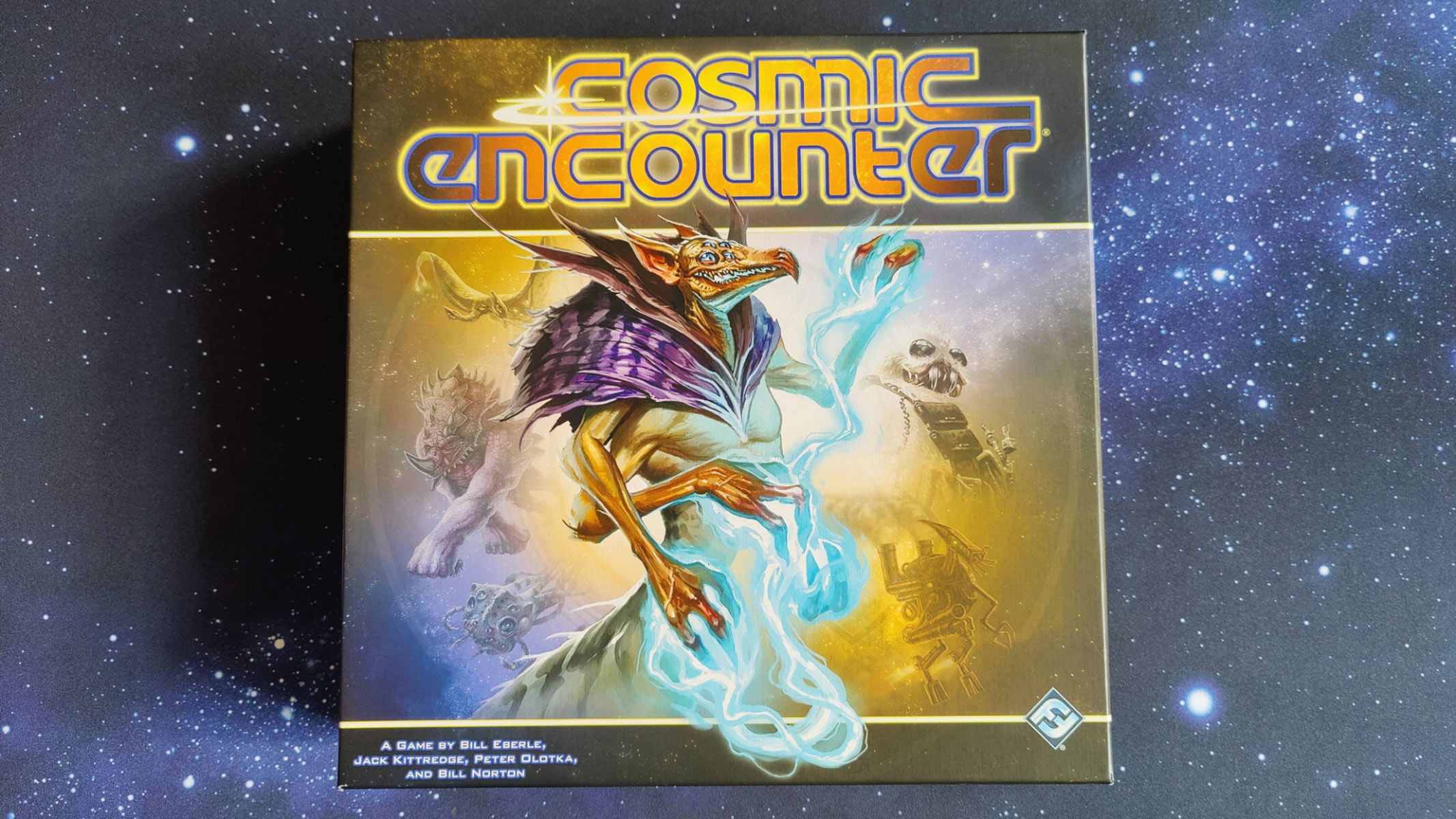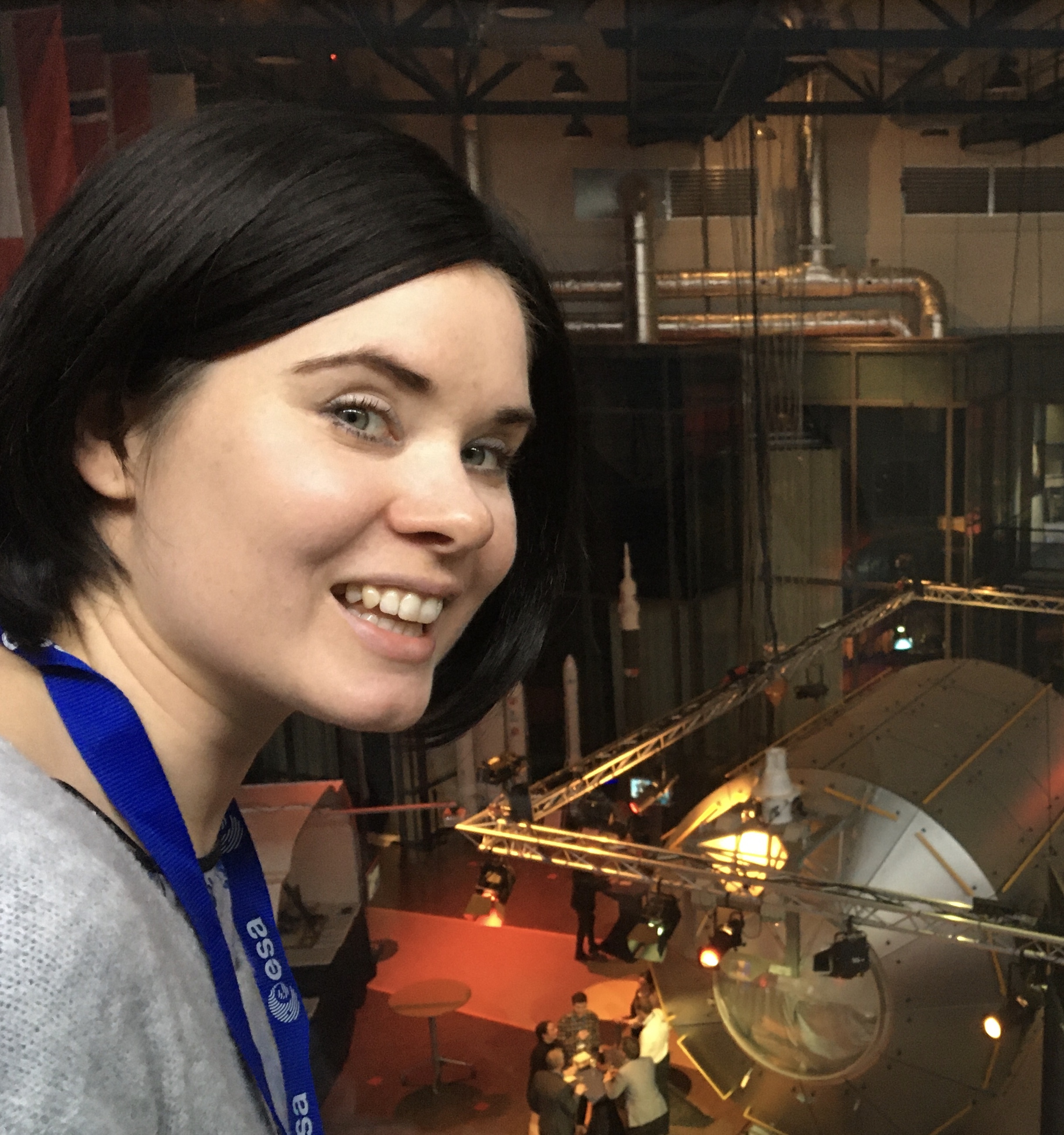
Tereza Pultarova
Tereza is a London-based science and technology journalist, aspiring fiction writer and amateur gymnast. Originally from Prague, the Czech Republic, she spent the first seven years of her career working as a reporter, script-writer and presenter for various TV programmes of the Czech Public Service Television. She later took a career break to pursue further education and added a Master's in Science from the International Space University, France, to her Bachelor's in Journalism and Master's in Cultural Anthropology from Prague's Charles University. She worked as a reporter at the Engineering and Technology magazine, freelanced for a range of publications including Live Science, Space.com, Professional Engineering, Via Satellite and Space News and served as a maternity cover science editor at the European Space Agency.
Latest articles by Tereza Pultarova
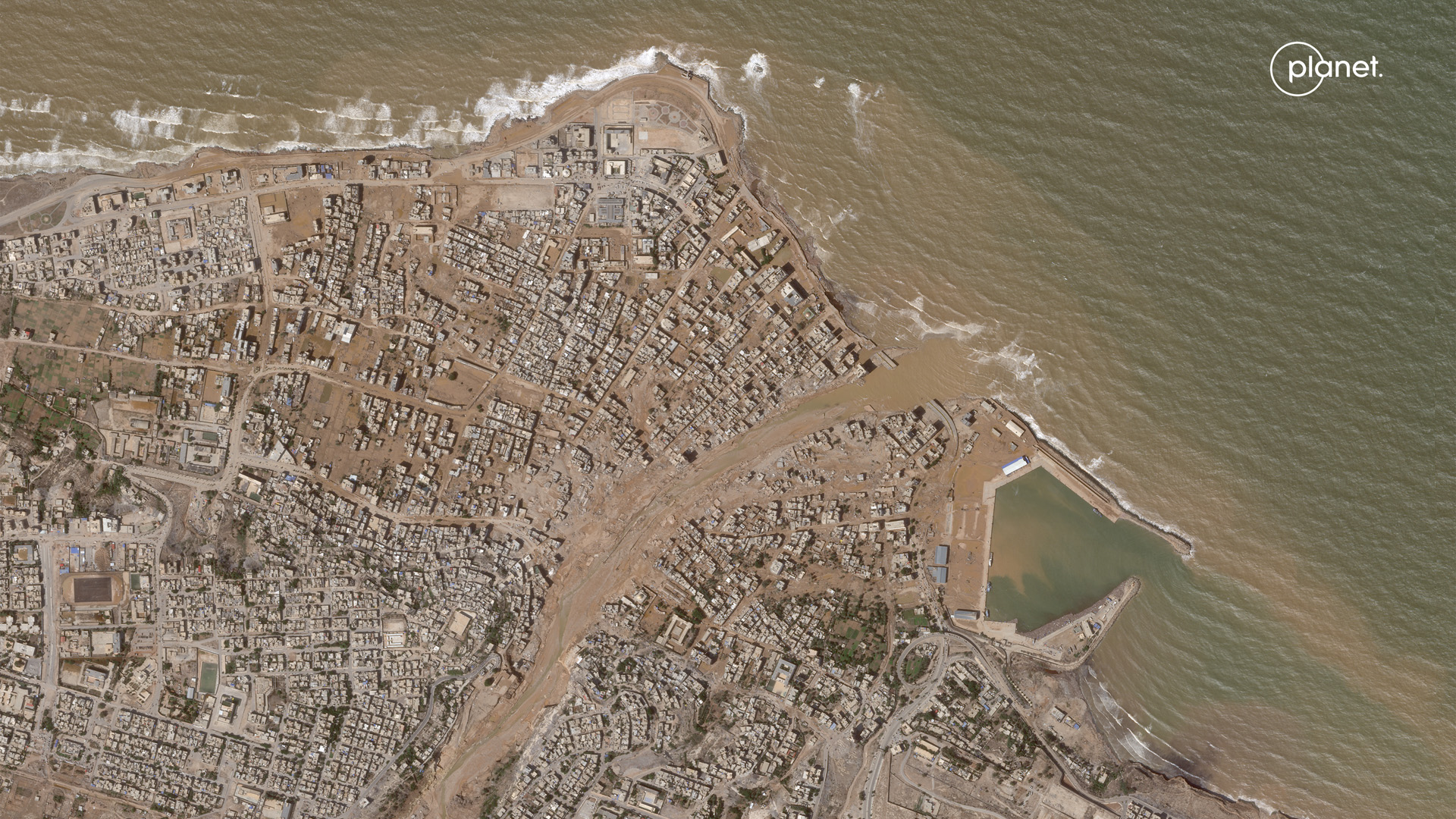
Devastation wrought by Medicane Daniel revealed in satellite photos
By Tereza Pultarova published
Satellite images reveal the scale of destruction wrought by medicane Daniel on Libya, where temporary lakes and river systems sprang up across the desert landscape.
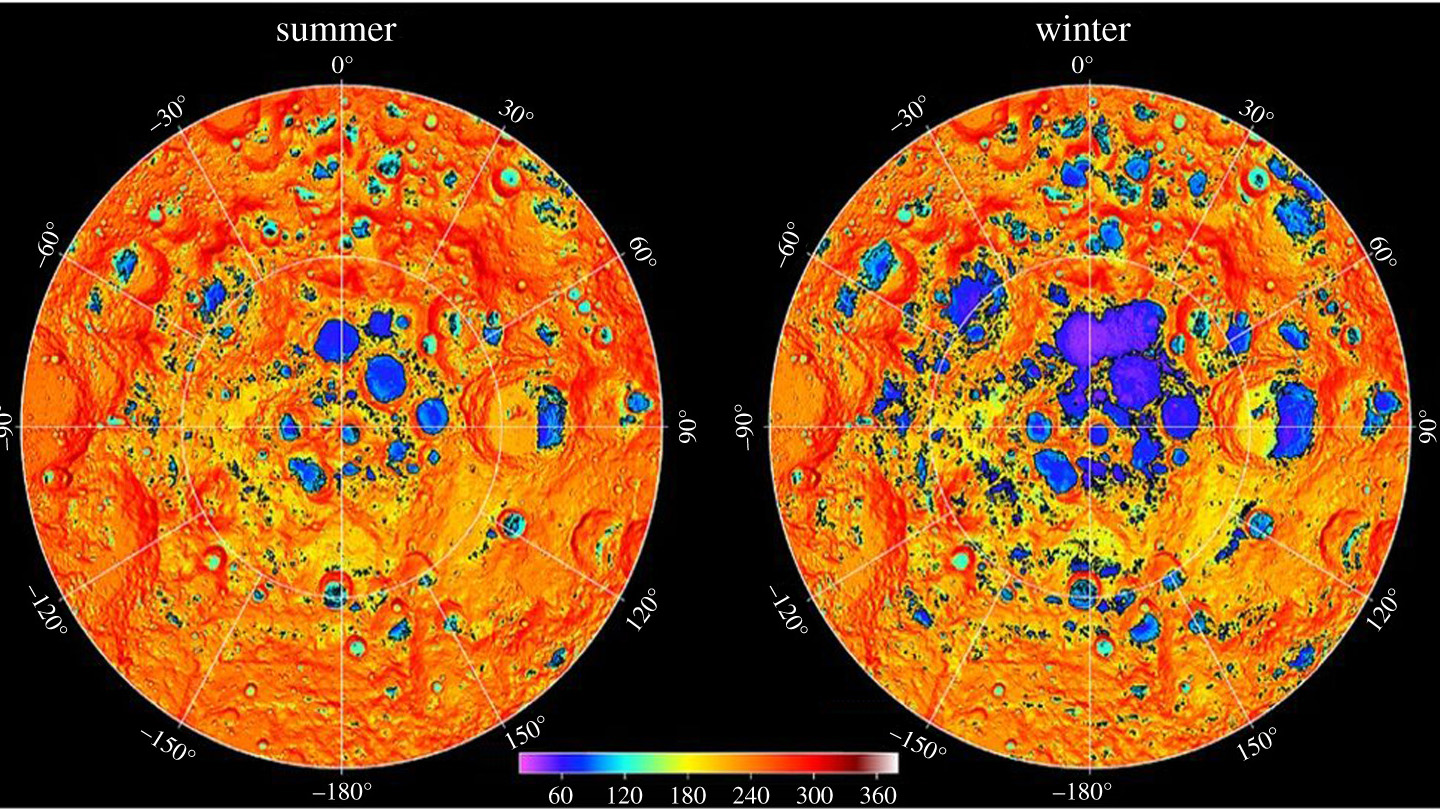
A big telescope on the moon could peer deeper into the universe than James Webb
By Tereza Pultarova published
A big telescope on the moon could peer deeper into the universe than the famed James Webb Telescope and perhaps even help find life on exoplanets, scientists say.
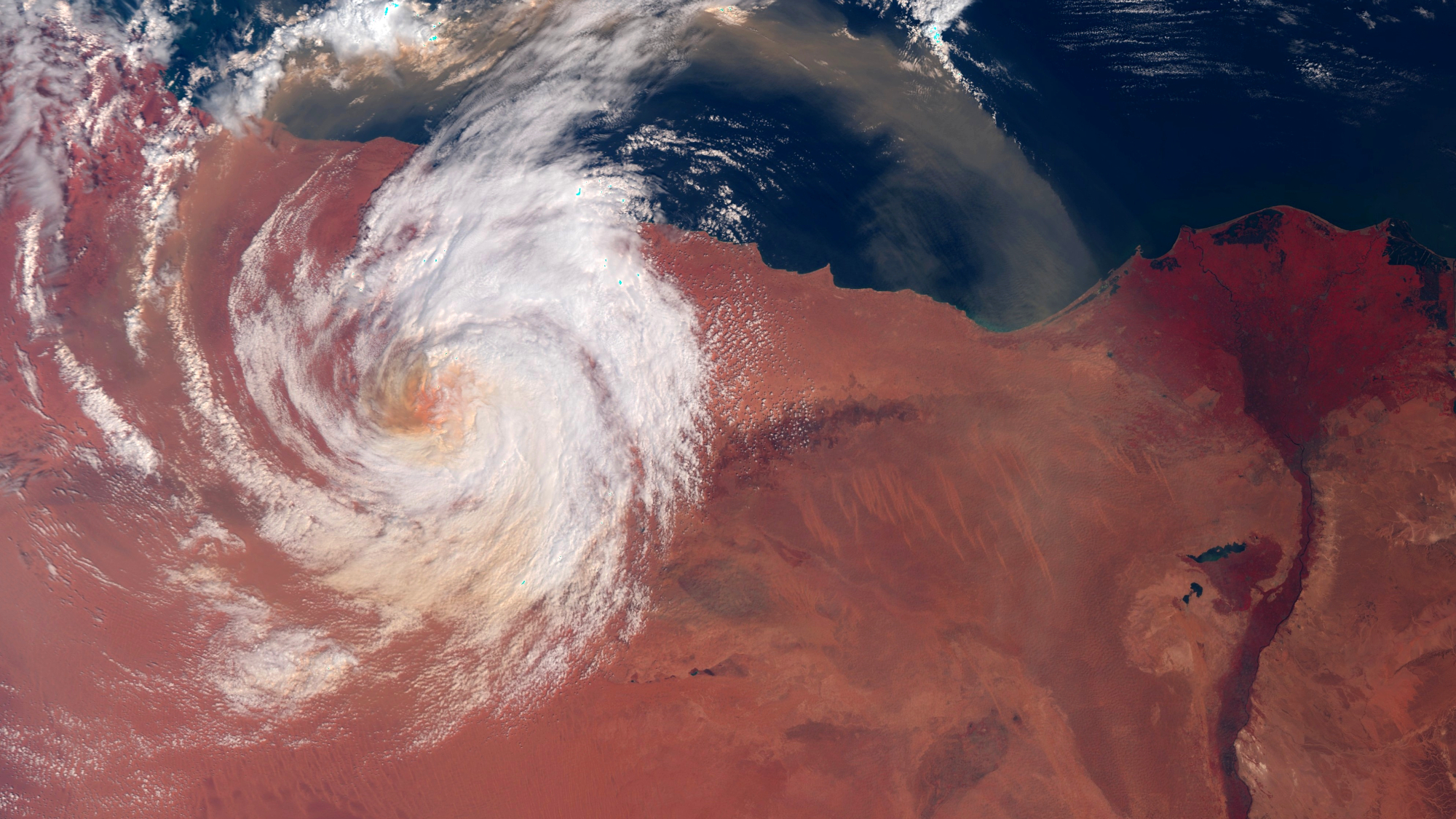
Satellites watch rare, destructive Mediterranean hurricane Daniel swirl above the Sahara (photos)
By Tereza Pultarova published
Satellites watched as a rare Mediterranean hurricane, or "medicane," named Daniel swirled above the Sahara Desert, bringing catastrophic flooding to Libya.
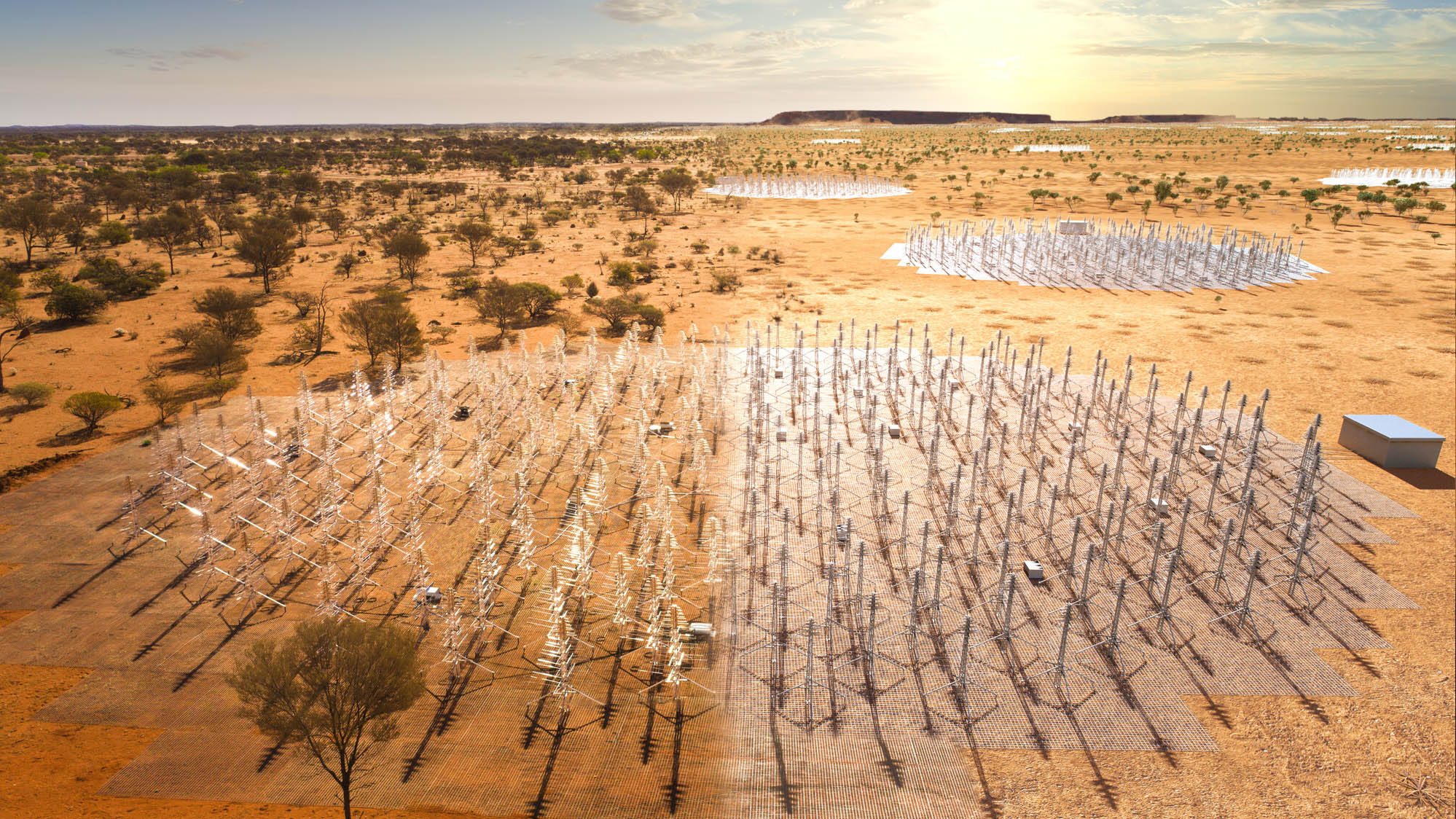
Electronics on world's largest radio telescope are more radio-quiet than a smartphone on the moon
By Tereza Pultarova published
New electronic devices designed to power antennas of the world's largest radio telescope are so quiet that they'll cause less disturbance than a mobile phone on the moon.
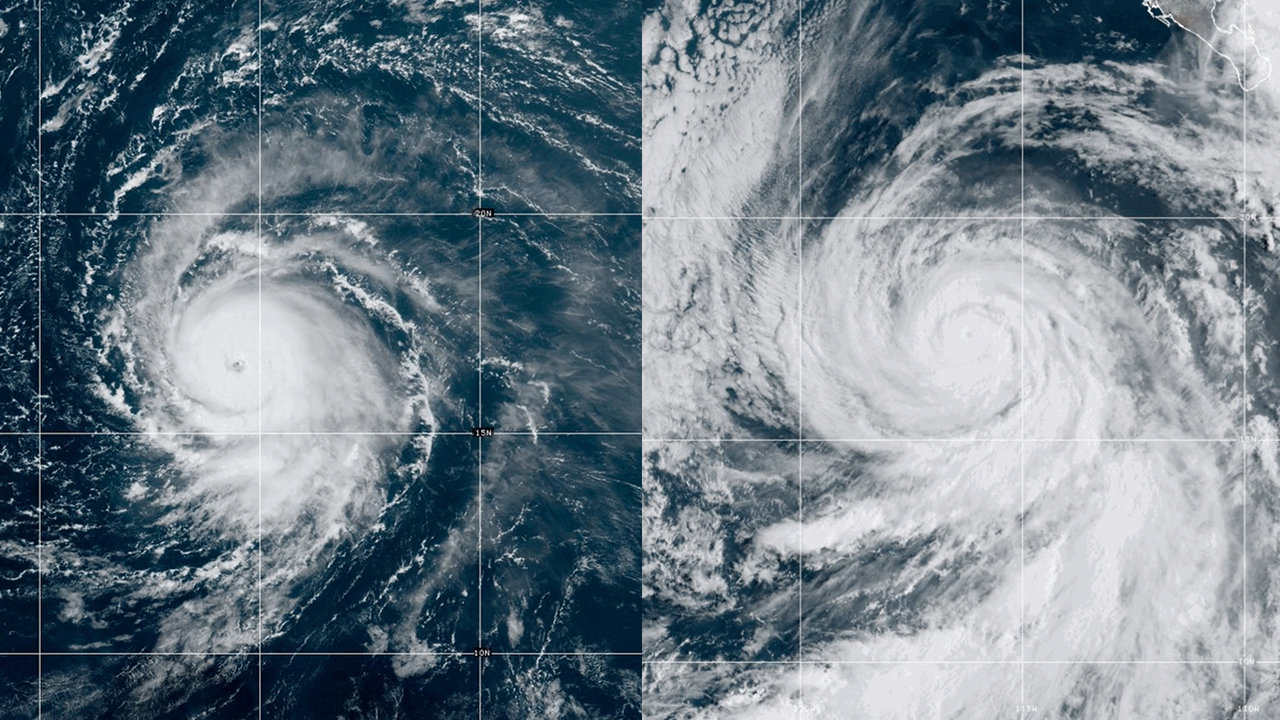
Powerful Hurricane Jova spotted from space (video)
By Tereza Pultarova published
Watch ferocious hurricanes Jova and Lee spring up above the Pacific and Atlantic Ocean through the eyes of satellites.

Newly discovered asteroid zooms within 2,500 miles of Earth
By Tereza Pultarova published
A newly discovered space rock about 6.5 feet wide (2 meters) zipped past Earth today at a distance five times closer than GPS satellites orbit.
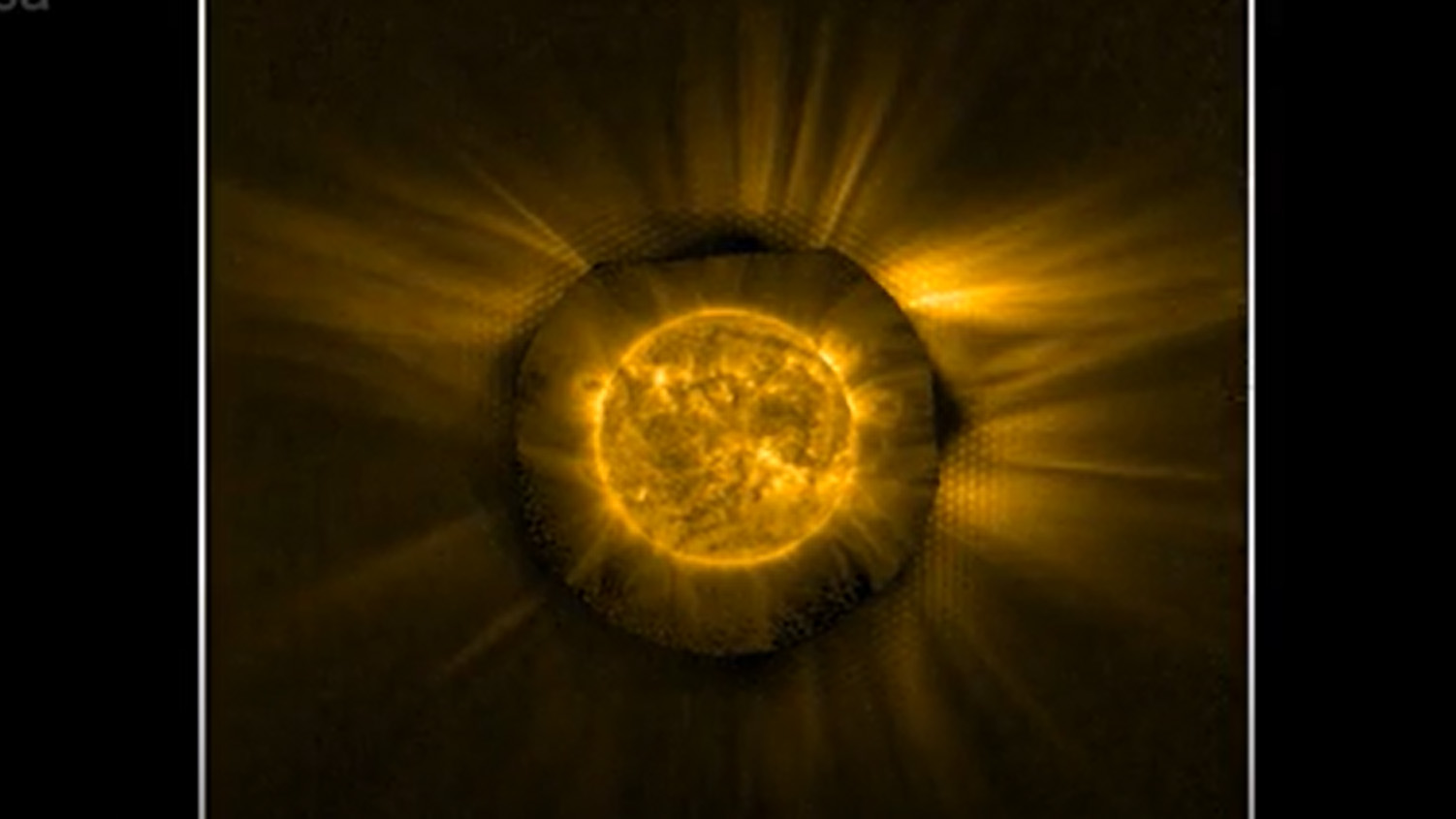
See the sun's atmosphere like never before thanks to a simple Solar Orbiter camera hack (video)
By Tereza Pultarova published
The European Solar Orbiter spacecraft has peered into yet unexplored parts of the sun's atmosphere thanks to a simple hack to its main camera.
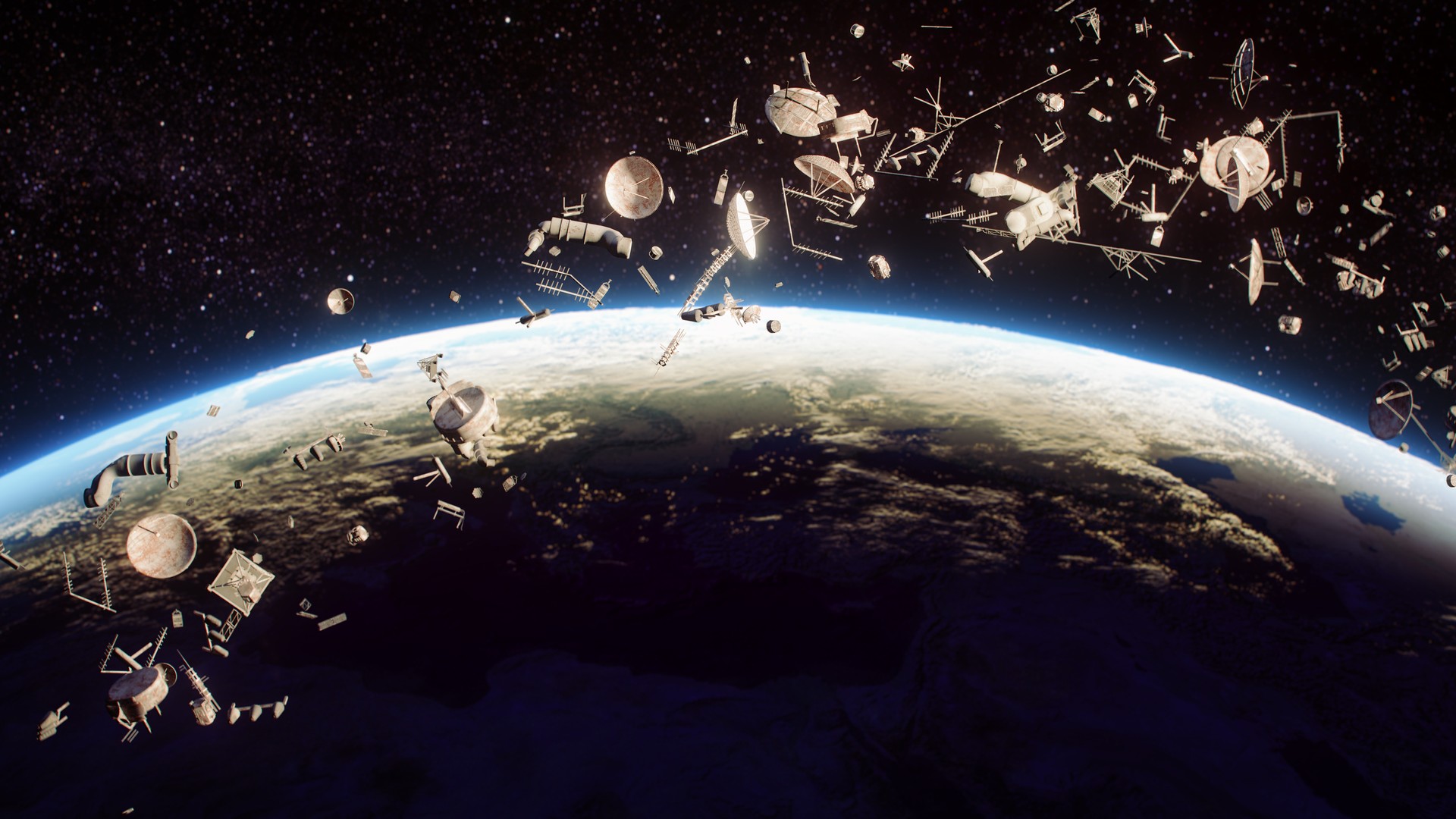
Orbiting debris trackers could be a game changer in space junk monitoring
By Tereza Pultarova published
Tiny devices on satellites could soon track small pieces of space debris that are invisible to existing space junk monitoring systems but capable of destroying spacecraft if they collide with it.
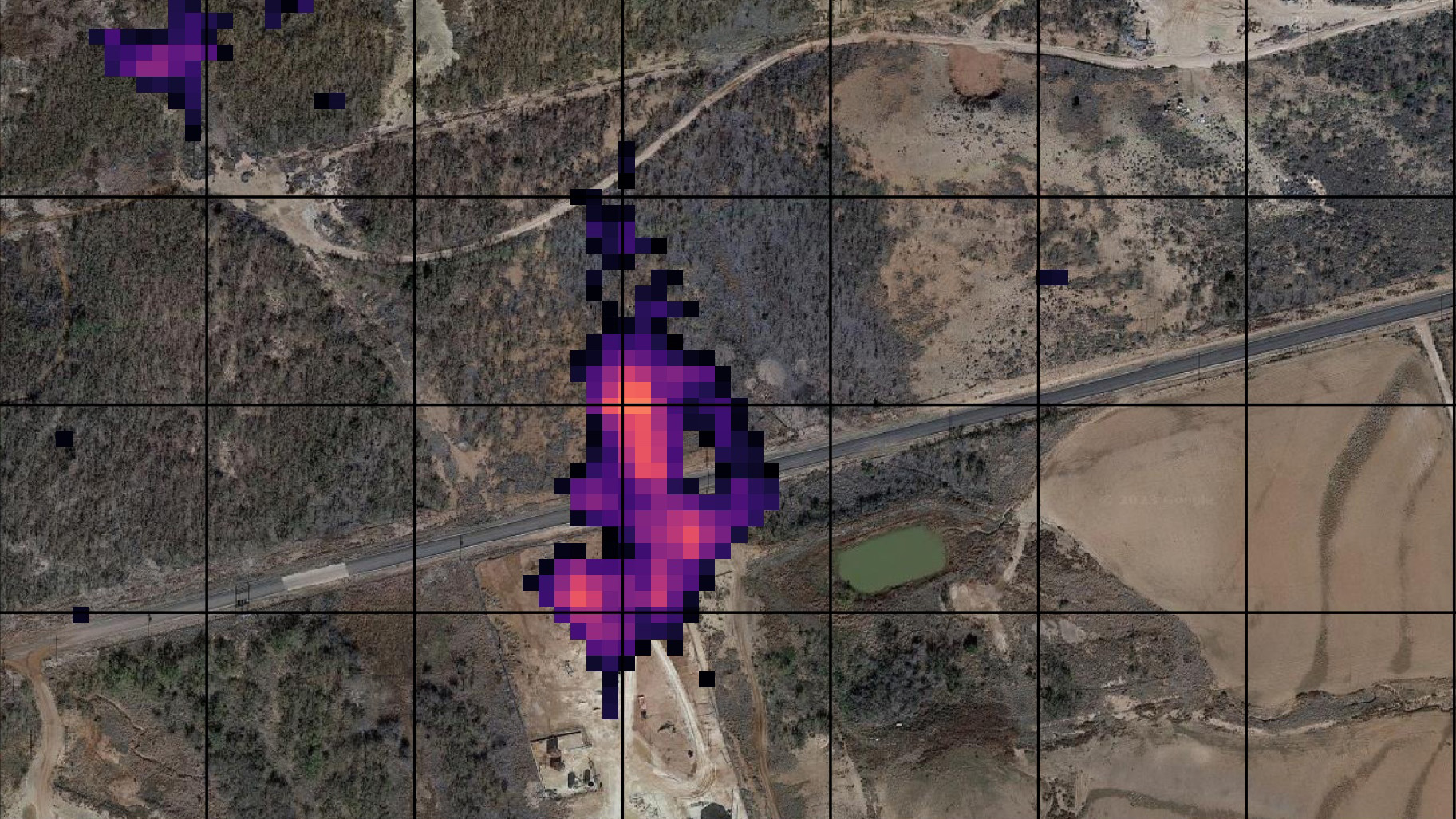
Tiny satellites use AI to sniff for methane leaks on the ground (photos)
By Tereza Pultarova published
This startup wants to take methane leak detection from space to the next level with the help of AI.
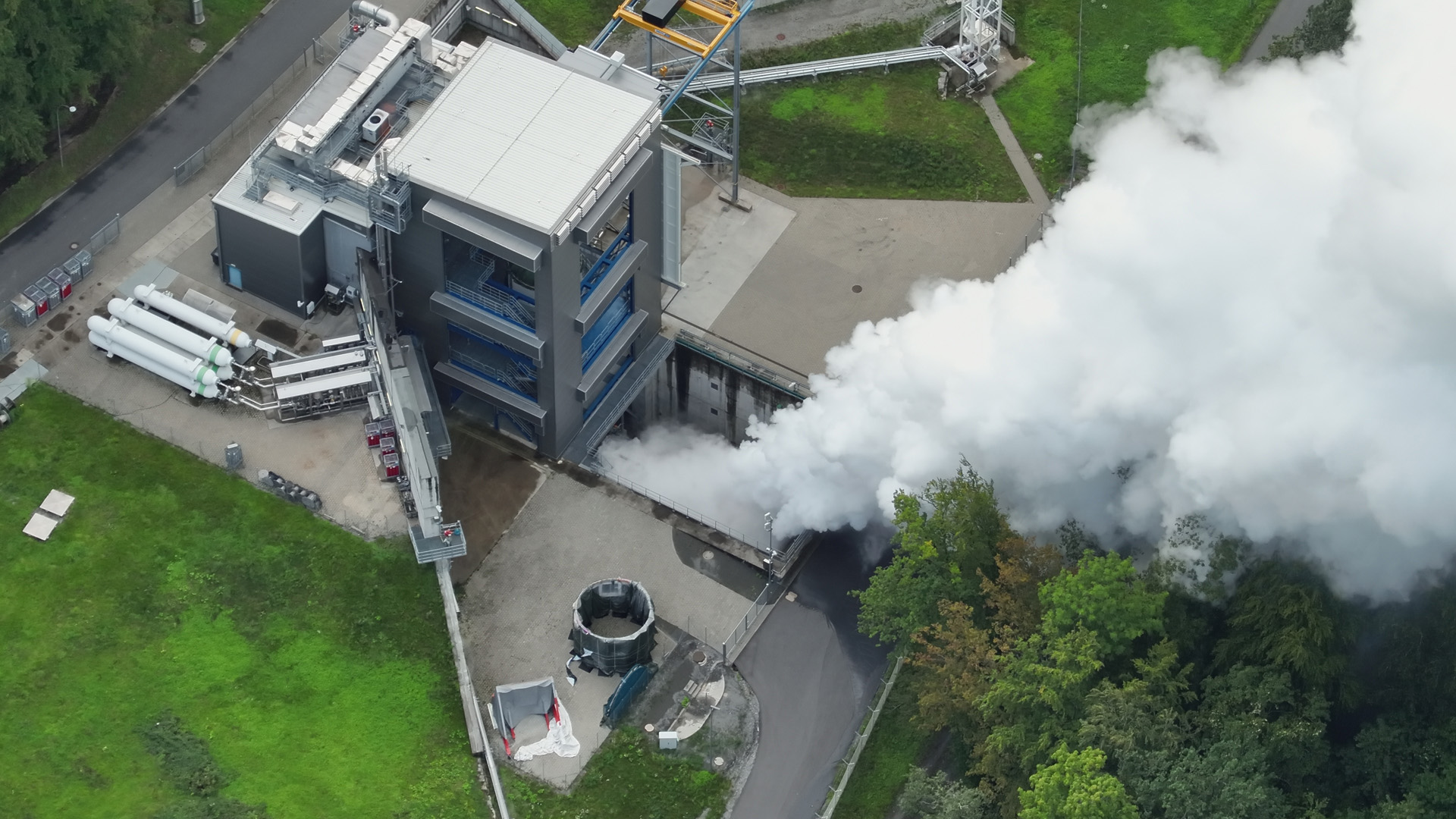
Europe hopes to announce Ariane 6 debut flight date by the end of October
By Tereza Pultarova published
The European Space Agency won't know when its delayed heavy-lift Ariane 6 rocket will make its debut flight until at least the end of October when the main testing is supposed to be completed.

The ozone hole above Antarctica opened early this year. Huge Tonga undersea volcano eruption may be to blame
By Tereza Pultarova published
The ozone hole above Antarctica has opened up unusually early this year. Scientists think the Hunga Tonga volcanic eruption that sent shockwaves around the world in January 2022 may be to blame.
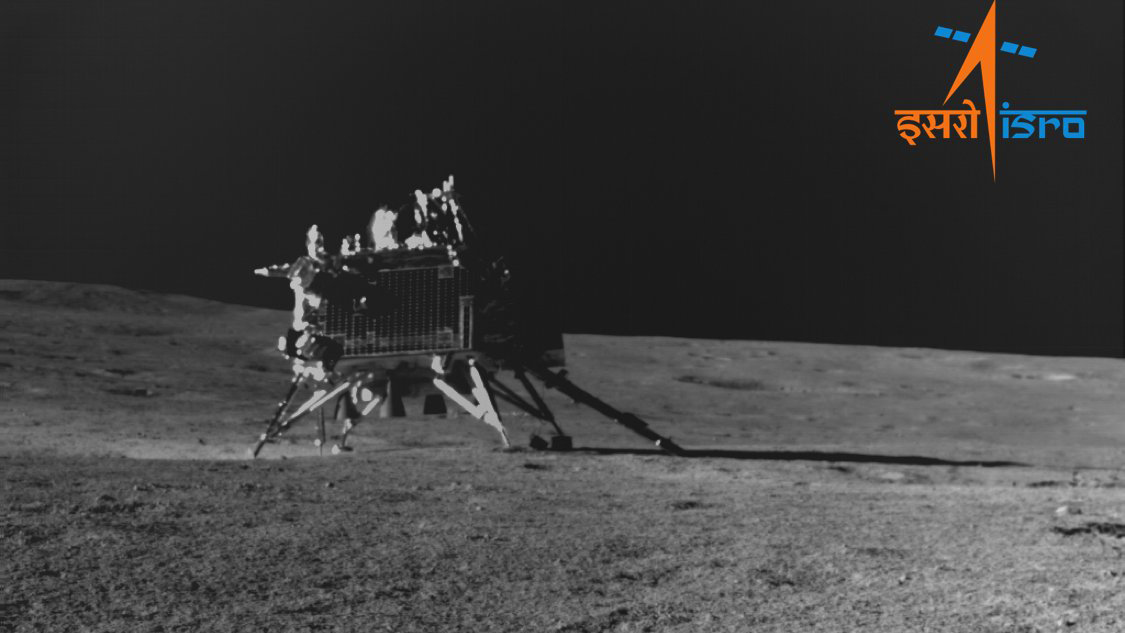
Chandrayaan-3 rover and lander in sleep mode but might wake up later this month
By Tereza Pultarova published
India's Chandrayaan-3 lunar rover and lander have completed their primary mission goals and have been placed into sleep mode ahead of the upcoming two-week lunar night.
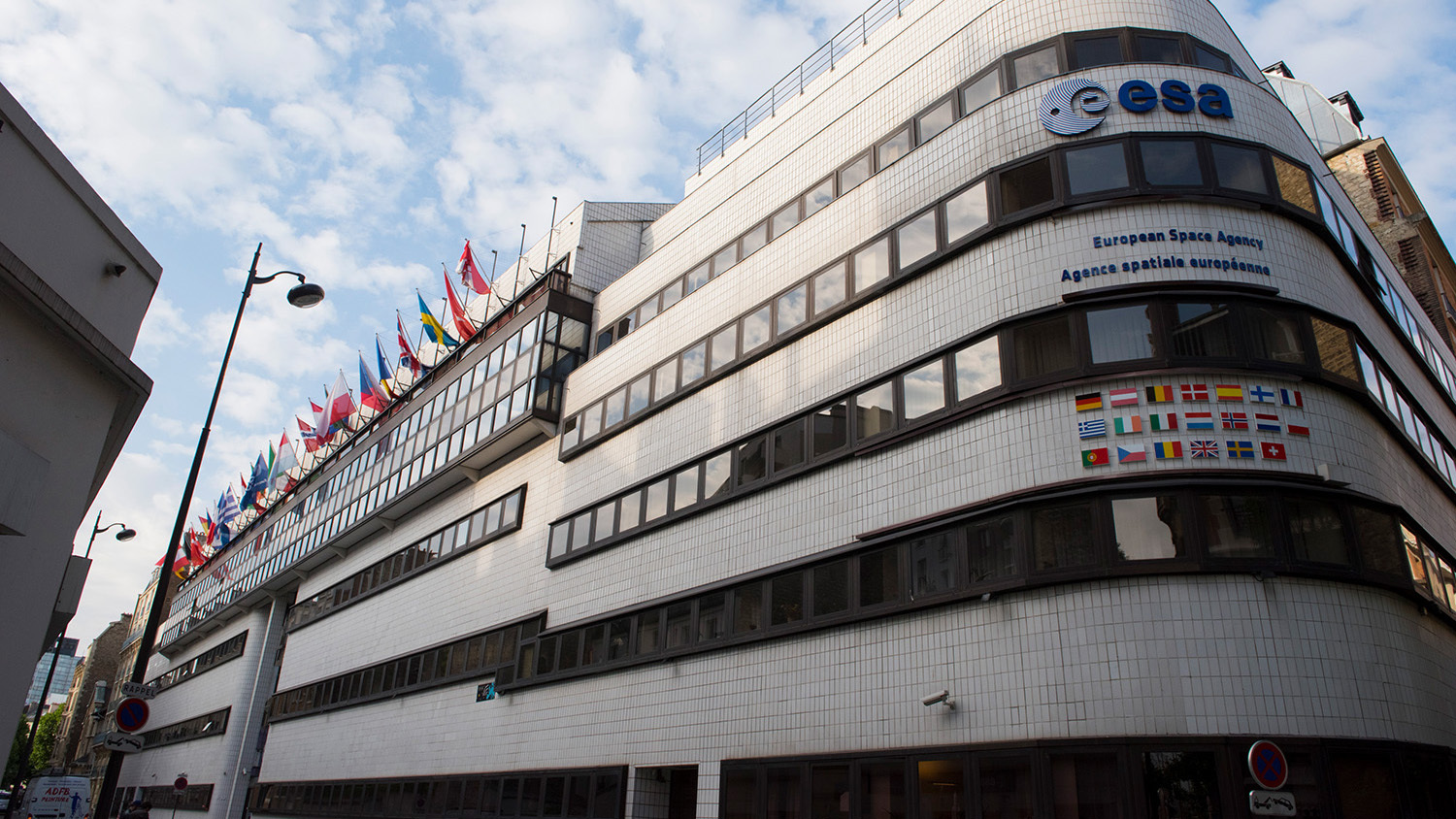
The European Space Agency has a transparency problem — but it's completely legal
By Tereza Pultarova published
When it comes to disclosing information and informing taxpayers how it handles their money, the European Space Agency has far fewer obligations than NASA. But is such status justified?

Old Soviet satellite breaks apart in orbit after space debris collision
By Tereza Pultarova published
A three-decades old Soviet satellite has disintegrated in orbit some 870 miles (1,400 kilometers) above Earth, likely following a space debris strike.

India's Chandrayaan-3 moon rover Pragyan snaps 1st photo of its lander near the lunar south pole
By Tereza Pultarova published
India's Pragyan moon rover photographed its mothership, the Vikram lander, for the first time as the two continue their exploration halfway through the Chandrayaan-3 mission.

Satellites capture Burning Man festival's fire from space (photos)
By Tereza Pultarova published
Satellites watched as a temporary city sprang up in the Nevada desert, where the famed Burning Man "radical self-expression" festival kicked off on Monday (Aug. 28).
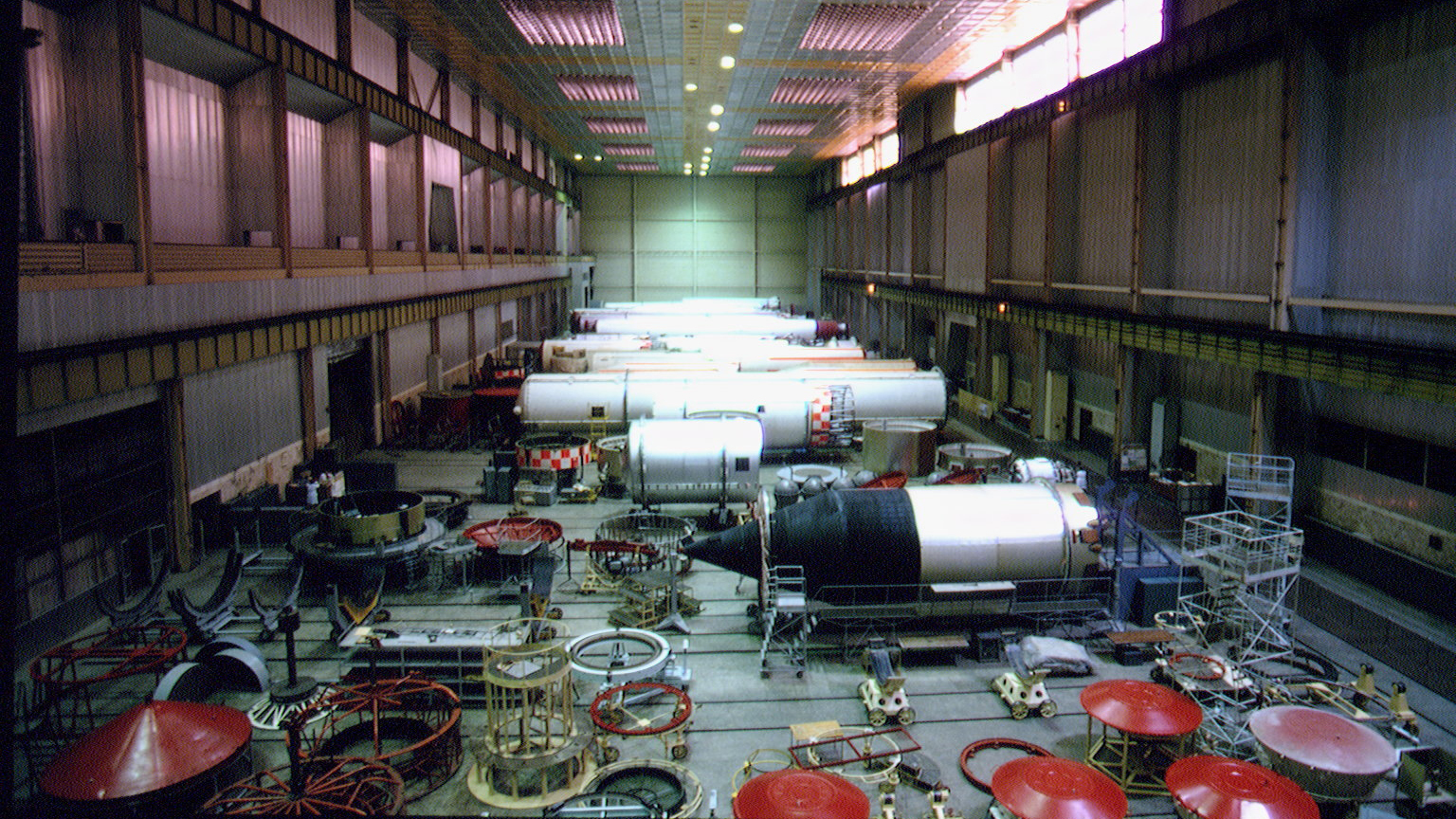
Lost partnerships destroying Ukraine's space sector faster than Russian missiles, former space chief says
By Tereza Pultarova published
Ukraine's former space chief thinks lost international collaborations are causing even greater harm to his nation's space sector than Russian missile strikes.
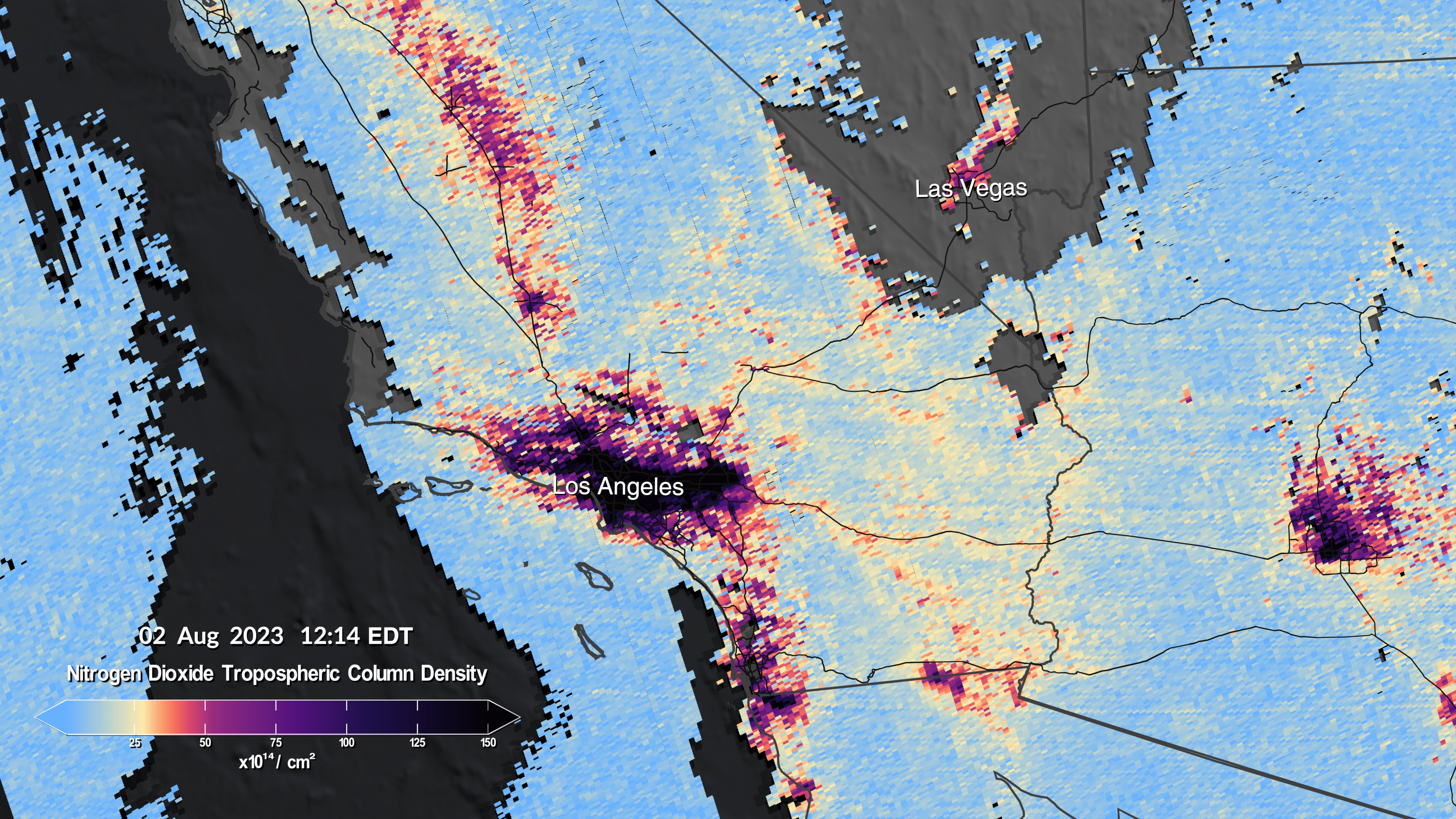
Watch new NASA sensor measure US air pollution from space in real time (video)
By Tereza Pultarova published
The first images from NASA's new space-borne air pollution sensor reveal how levels of toxic pollutants change within a day across the United States.
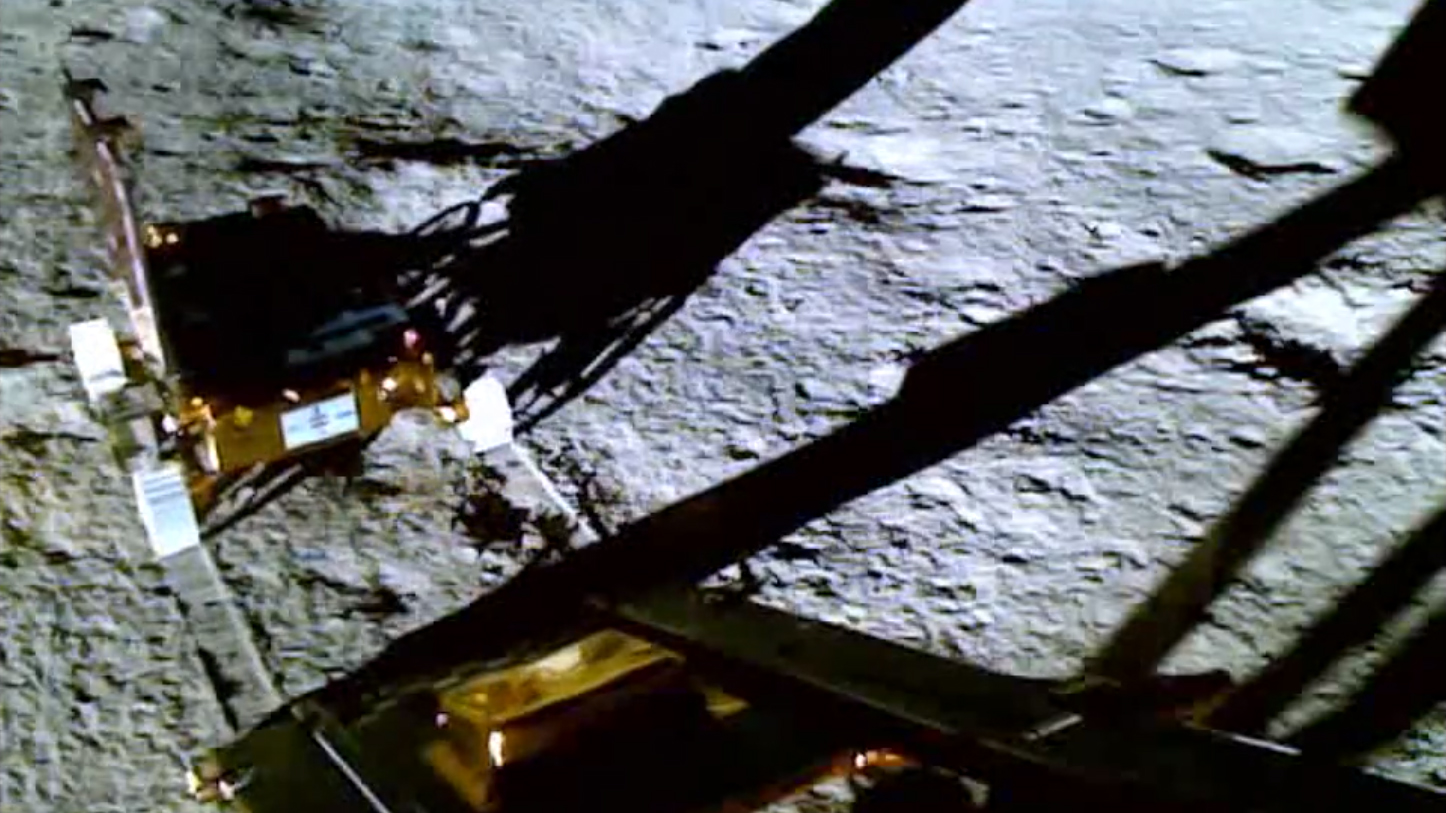
Watch Chandrayaan-3's Pragyan rover take its '1st steps' on the moon (video)
By Tereza Pultarova published
Watch India's Chandrayaan-3's Pragyan rover step onto the moon's surface for the first time and have its picture taken from orbit.
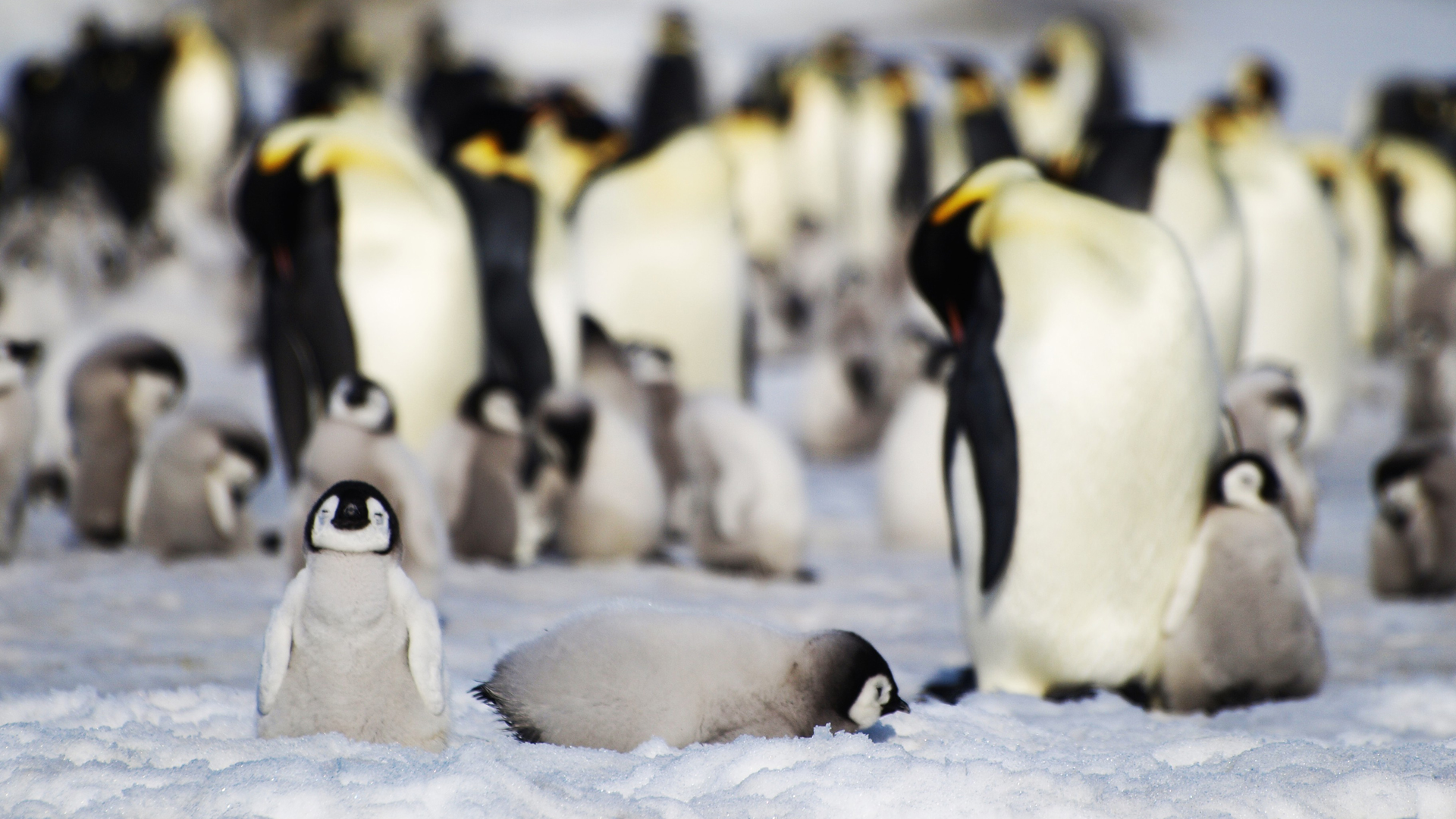
Satellites reveal catastrophic year for emperor penguins amid climate crisis in Antarctica (photos)
By Tereza Pultarova published
Satellite images reveal mass destruction of emperor penguin colonies in climate change-stricken Antarctica as sea ice melts underneath the birds' feet.
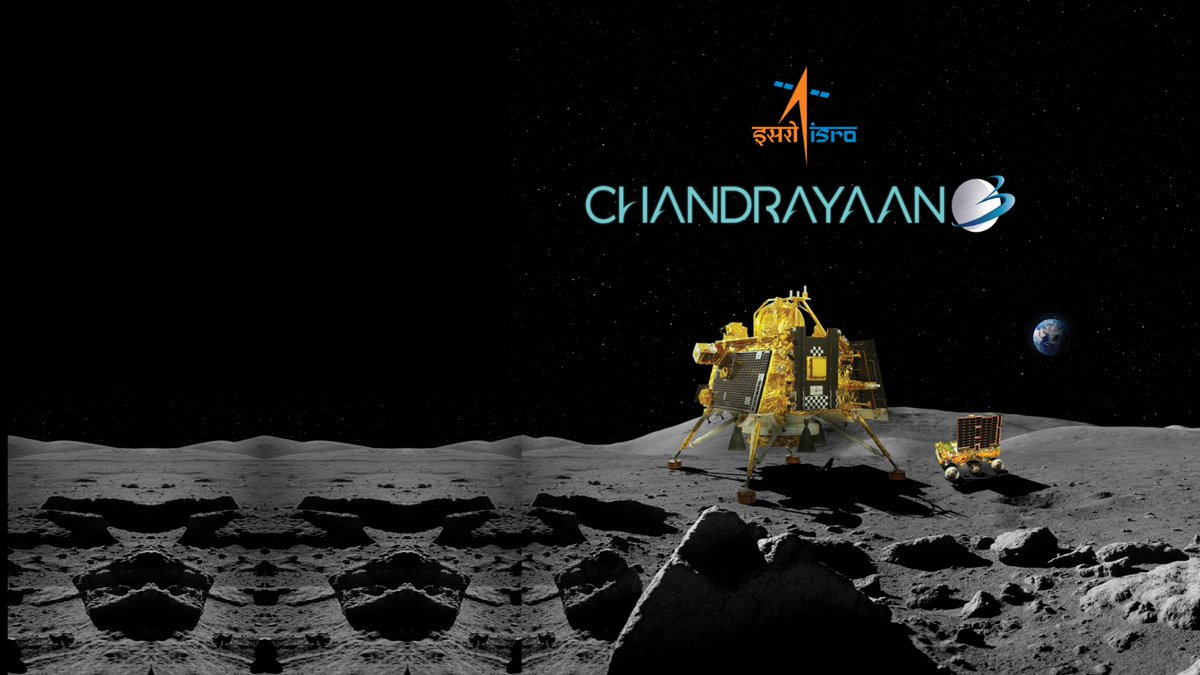
India's Chandrayaan-3 moon rover Pragyan rolls onto the lunar surface for 1st time
By Tereza Pultarova published
India's Pragyan rover rolled out of the nation's Chandrayaan-3 moon lander less than a day after the triumphant landing, commencing its two-week exploration mission.
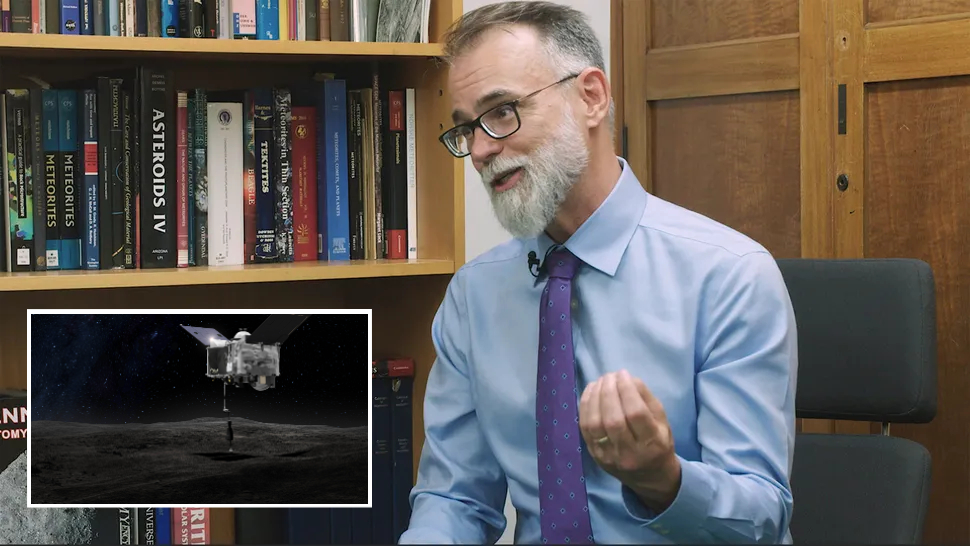
OSIRIS-REx science chief reveals NASA's 1st asteroid sampling mission nearly didn't make it (exclusive interview)
By Tereza Pultarova published
Dante Lauretta, the chief scientist of NASA's OSIRIS-REx mission, talks about the unexpected challenges of NASA's first asteroid sampling attempt in an exclusive interview.
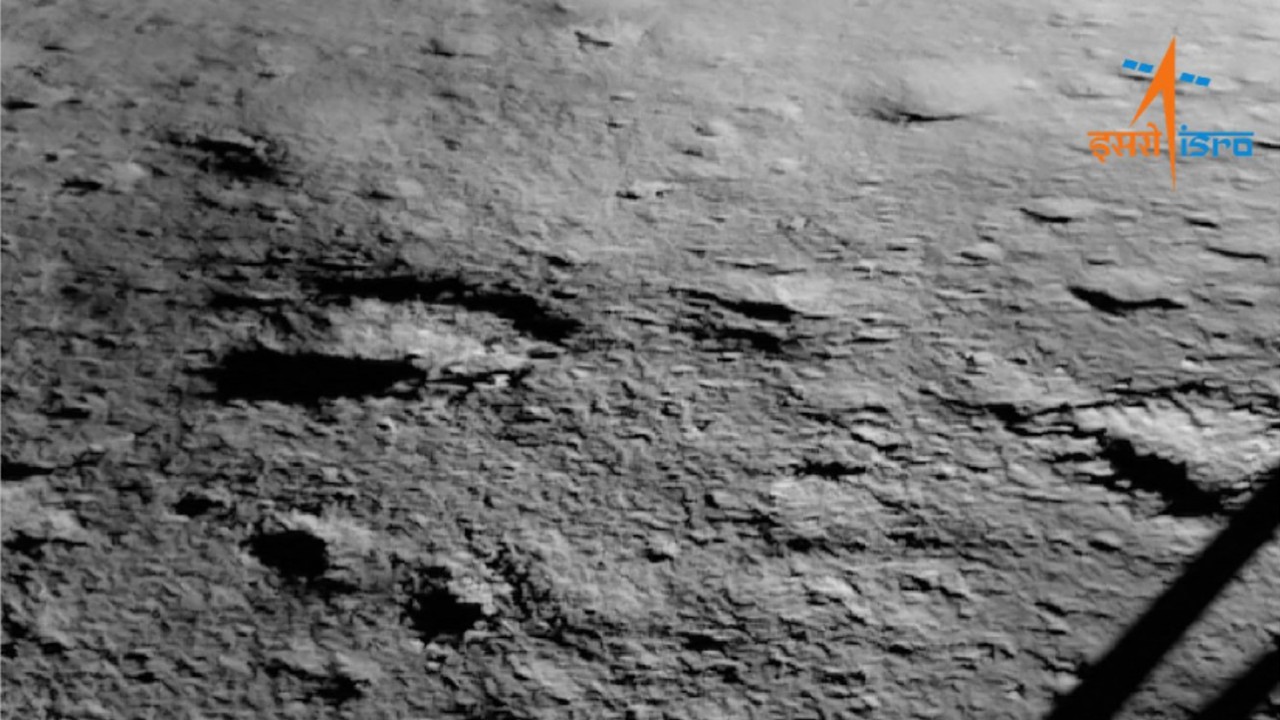
See 1st photos of the moon's south pole by India's Chandrayaan-3 lunar lander
By Tereza Pultarova published
The first images from India's Chandrayaan-3 mission taken after the probe's historic moon touchdown reveal a pockmarked surface near the lunar south pole.
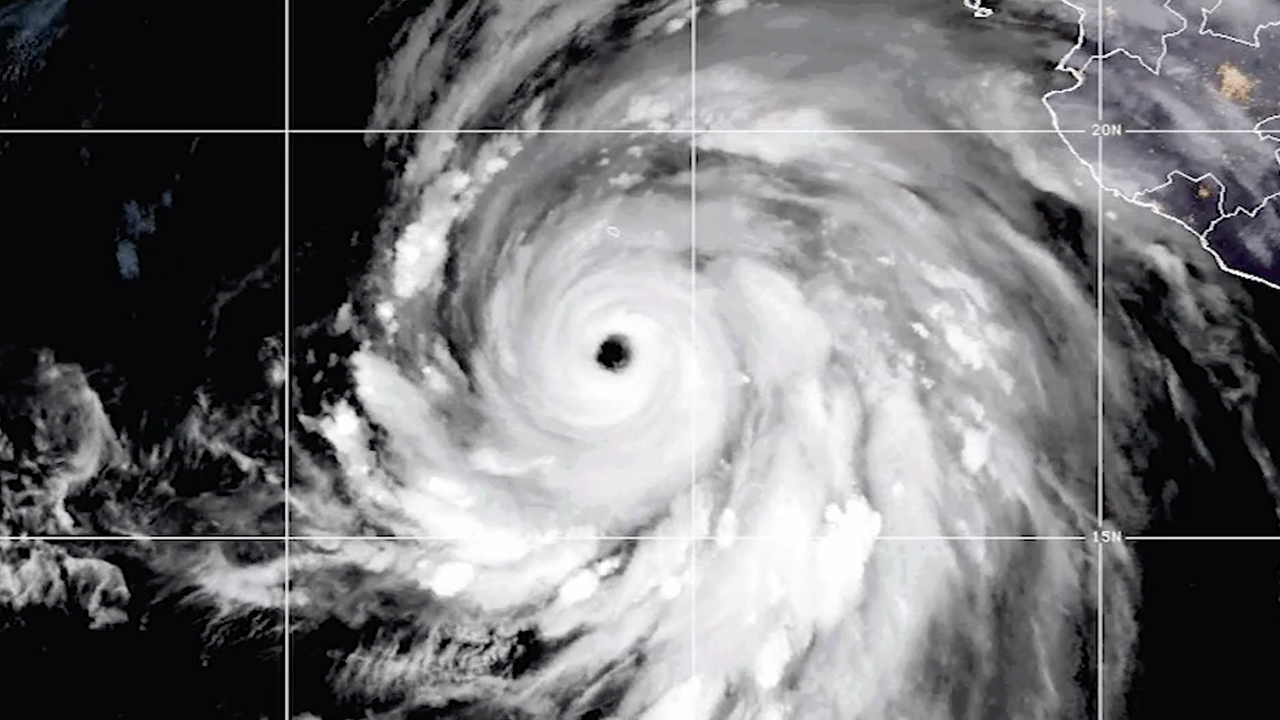
Watch Hurricane Hilary hit California hours after earthquake in this satellite video
By Tereza Pultarova published
Satellites watched weakening tropical storm Hilary bring a deluge to California hours after a series of earthquakes shook the Los Angeles region.
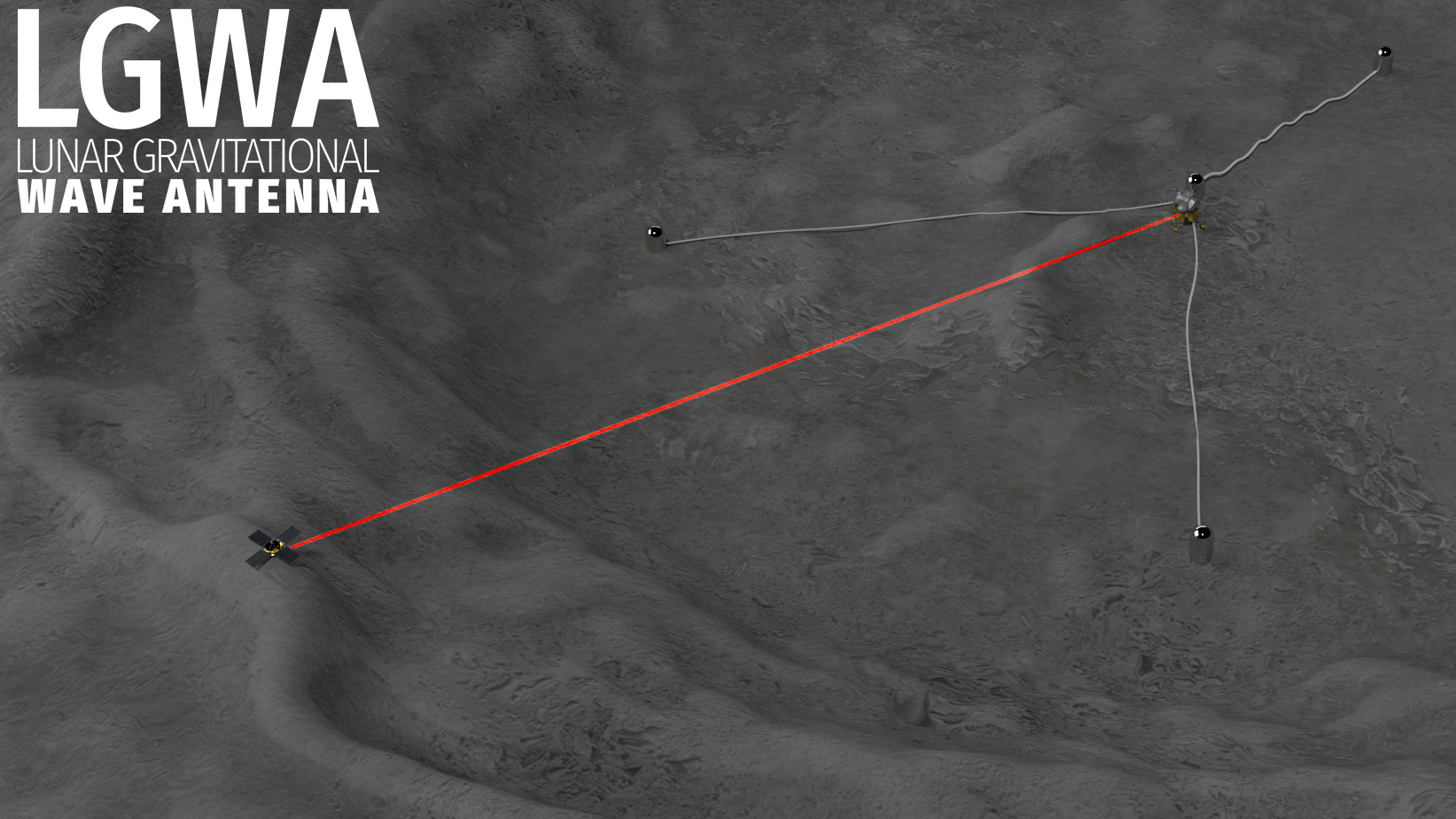
Gravitational wave detectors on the moon could be more sensitive than those on Earth
By Tereza Pultarova published
Scientists developing more sensitive next-generation gravitational wave detectors struggle with technical challenges that might be easily overcome by putting such detectors on the moon.
Get the Space.com Newsletter
Breaking space news, the latest updates on rocket launches, skywatching events and more!
